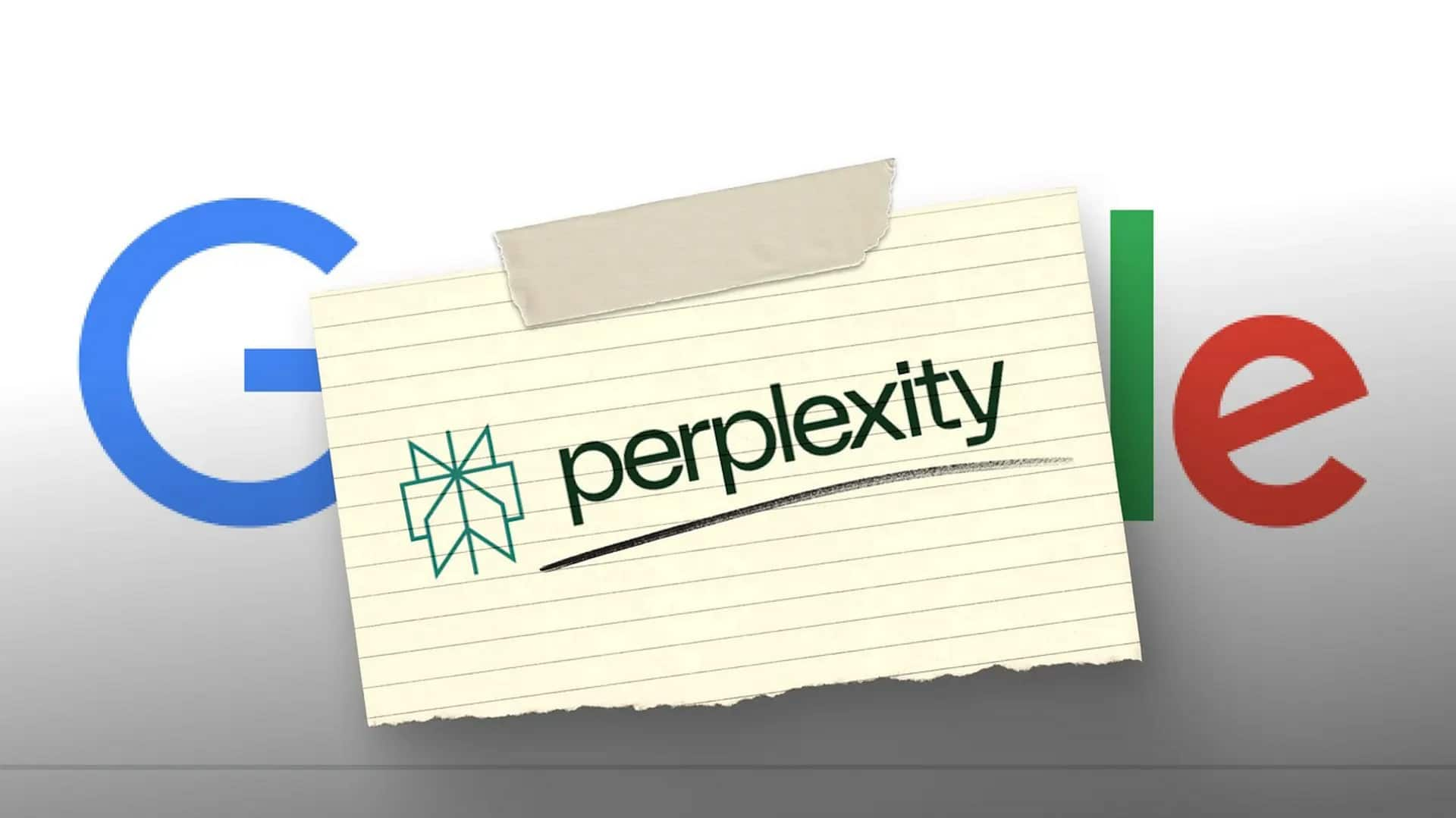
Perplexity's new browser to challenge Google Chrome's dominance on mobile
What's the story
Perplexity, an AI start-up backed by NVIDIA, is in talks with mobile device manufacturers for the pre-installation of its new Comet browser. The company's CEO, Aravind Srinivas, revealed this development to Reuters. The move could greatly expand Perplexity's user base by leveraging the "stickiness" of browsers, as users often tend to stick with pre-installed or default apps on their devices.
Innovative features
What does the Comet browser offer?
The Comet browser, which is currently in beta and only available on desktops, integrates Perplexity's AI into web browsing. This means users can ask questions about their personal data, like emails or calendars, and even perform tasks like scheduling meetings or summarizing webpages. The company hopes to target "tens to hundreds of millions" of users next year after stabilizing the desktop version for a few hundred thousand initial testers.
Market challenges
Convincing mobile OEMs is not an easy task
Srinivas admitted that convincing mobile OEMs to switch from Google's Chrome to Comet as the default browser is not an easy task. This is because of the challenge of user inertia on mobile platforms. As per StatCounter data from last month, Chrome dominated the mobile market with a share of about 70%. Apple's Safari and Samsung's browsers together held another 24%.
Industry shift
Shift toward agentic AI capabilities
The development of the Comet browser reflects a wider industry shift toward browsers with agentic AI capabilities. These are systems that require minimal human intervention to make decisions and perform specific tasks. Earlier this month, Reuters reported that OpenAI is also working on its own agentic AI browser, which could automate complex tasks such as booking travel or managing finances.
Growth strategy
Perplexity's funding and valuation
Perplexity is also in talks with Samsung Electronics and Apple to integrate its AI search capabilities into their devices. This could potentially improve assistants like Bixby or Siri. The company recently raised $500 million, bringing its valuation to $14 billion earlier this year. Notable investors include Accel, NVIDIA, Jeff Bezos, and former Google CEO Eric Schmidt.